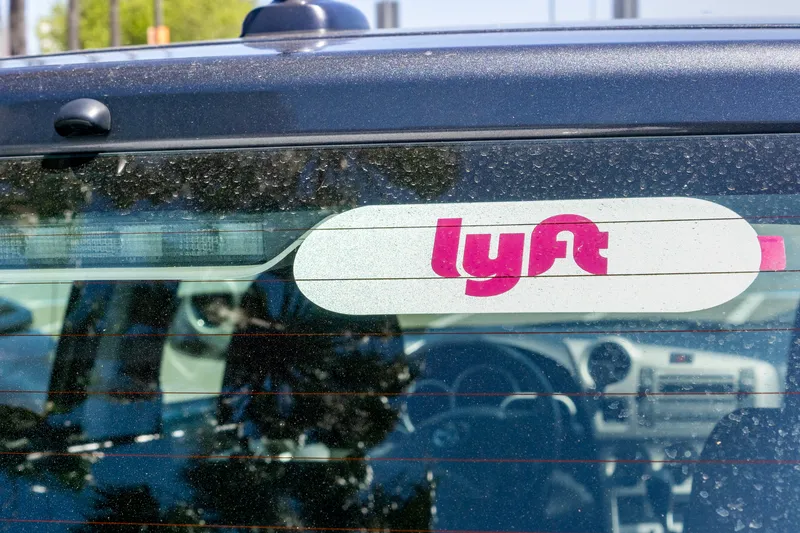Daimler and Robert Bosch have signed agreements on the establishment of a 50:50 joint venture (JV) for electric motors. Subject to the approval of the antitrust authoritie, the new company, which is to be set up under the name EM-motive, will develop, produce, and market innovative electric motors for electric vehicles.
April 19, 2012
Read time: 2 mins
The company will have its headquarters and manufacturing facilities in Germany and the joint venture's engineering site will be located close to the parent companies in the Stuttgart area. Some 100 employees are expected to start working for the joint venture in the fourth quarter of this year. EM-motive will be headed up by two directors of equal rank, one from each partner company.
According to Daimler’s Prof. Dr. Herbert Kohler, "Like lithium-ion batteries, electric motors are key components for our electric vehicles. It is extremely important that competence in this field is maintained in Germany. In joining forces with Bosch, we have now teamed up with a long-standing partner, and are confident that this move will lead to outstanding results."
The aim of the cooperation is to accelerate the development of premium traction motors for electric vehicles with battery, fuel cell, or range extender. The preparatory activities for the establishment of the joint venture have already begun, and the production of motors is due to commence at the start of 2012. The traction motors will be used in the electric vehicles of both the







